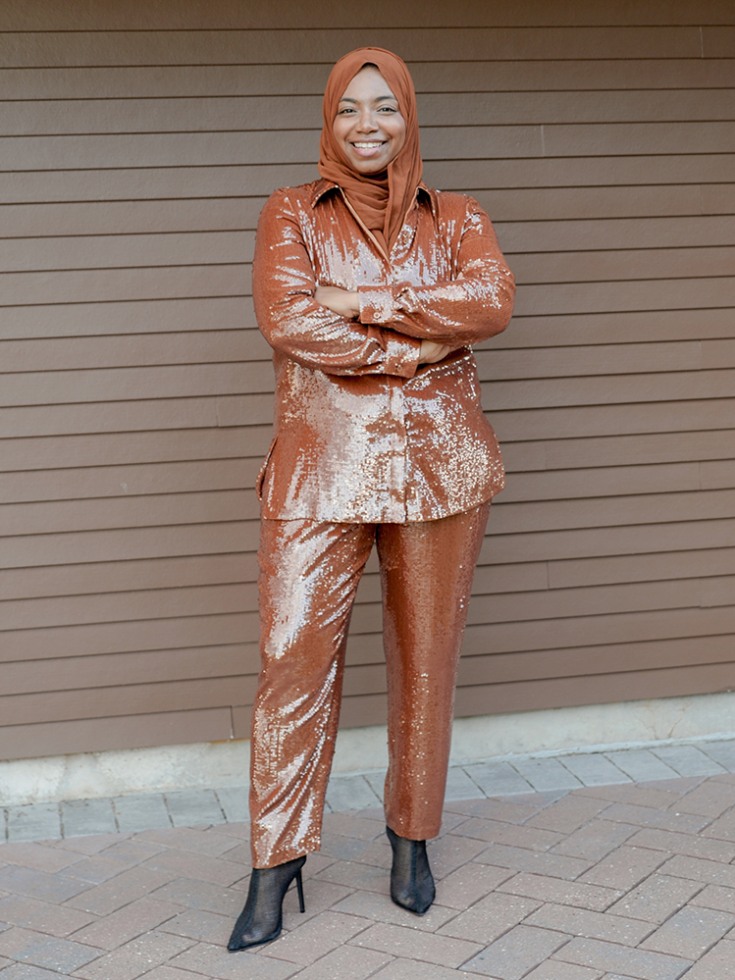PROVIDENCE, R.I. [Brown University] — In the United States, personal insurance is a trillion-dollar industry in which consumers pay premiums that reduce the financial risks that can arise from unexpected events arising as a result of anything from home ownership to health issues, driving a car to owning a pet.
But for the over 3 million Americans who are Muslim, purchasing traditional insurance poses a moral quandary, said Whitney Terrill, a graduate student at Brown earning her master’s degree in health care leadership.
“When we purchase insurance, we’re essentially asking a large company to take on risk for us so that we have some peace of mind — if you get in a car accident, or if you get sick, they will cover the costs associated with it,” she said. “But many of us may not get sick or get in a car accident. In those cases, we don’t necessarily know where our money goes, or how it is invested.”
This uncertainty about how the insured person’s money is being invested raises concerns from the perspective of Islamic finance, which is how financial transactions and banking are conducted in accordance with the broader legal, economic and ethical considerations of Islam, Terrill said.
“In Islamic finance, investments must mutually benefit the greater good,” she said. “But when we choose a traditional insurance broker, we do not know whether or not they are putting our money into investments that align with our values.”
Terrill is seeking to solve this dilemma with the Reem Company, venture that would direct surplus insurance premiums into investments that align with collective values shared within Islam. As a member of the Muslim community, Terrill knows firsthand the positive impact that the Reem Company could have.
“It would be really wonderful to be able to buy insurance that’s aligned with my faith through and through — from the premiums that I pay all the way to how that money is invested,” she said. “I hope that the Muslim community and Muslim consumers find a lot of benefit in having the option to buy insurance products that are aligned with their values.”
This summer, as a participant in Breakthrough Lab (B-Lab for short) — an eight-week accelerator program for student entrepreneurial ventures based at Brown’s Nelson Center for Entrepreneurship — Terrill has had the opportunity to receive mentorship, survey prospective consumers, and learn from experts working in insurance and parallel industries around the world. These interviews will allow her to create a roadmap for the Reem Company, she said.

